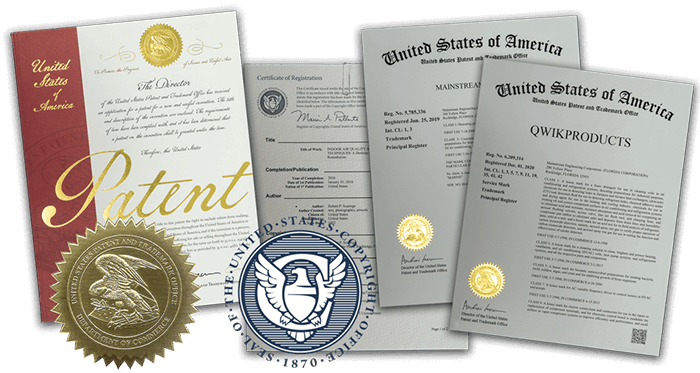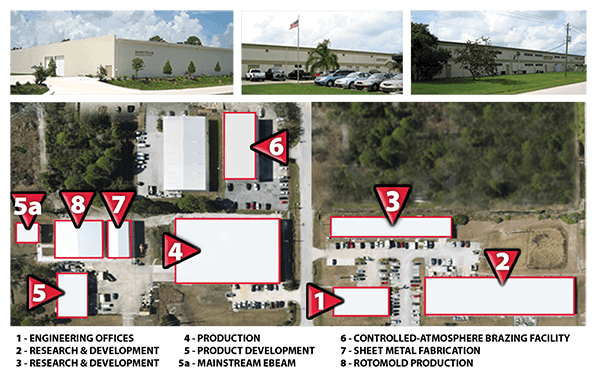Mainstream Engineering Awarded Contract from the Department of Energy for Radiant Barriers of Composite Refractory Materials for the Cement Industry
ROCKLEDGE, FL – April 21, 2010 – Mainstream Engineering Corporation has been awarded a contract from the Department of Energy to develop a radiant barrier coating to be used in the cement industry and yield energy savings.
The current cement manufacturing process lacks efficiency. Certain materials used in the cement process transmit or absorb rather than reflect infrared heat, or thermal radiation, and hence waste energy potential.
To address this challenge, Mainstream is developing a process to apply a highly reflective coating to the existing cement process equipment. This coating will bounce the thermal radiation back into the process, reduce energy losses and increase process efficiency. The reflective properties of the proposed solution will be demonstrated by a team of engineers and scientists.
In cement processing, only about 34 percent of energy from fuels is harnessed. Ten percent of this energy is due to thermal radiation, largely lost through the walls of process equipment and then released to the environment. Due to the sheer size of the cement industry, any improvements in process efficiency can have dramatic results on a global scale. The United States now ranks third in global cement production, behind China (first) and India (second).
The radiant barrier coating that reflects thermal radiation will save the domestic cement industry an estimated 694,000 tons of coal annually. Burning less coal every year will reduce CO2 emissions by 620,000 metric tons. This technology will also make the domestic cement industry more competitive, allowing the United States to recapture more of the global cement market share.
Mainstream Engineering, a leading research and development company specializing in advanced thermal control and energy conversion, has successfully worked with function coatings for advanced materials corrosion resistance and low-friction ducting.
The current cement manufacturing process lacks efficiency. Certain materials used in the cement process transmit or absorb rather than reflect infrared heat, or thermal radiation, and hence waste energy potential.
To address this challenge, Mainstream is developing a process to apply a highly reflective coating to the existing cement process equipment. This coating will bounce the thermal radiation back into the process, reduce energy losses and increase process efficiency. The reflective properties of the proposed solution will be demonstrated by a team of engineers and scientists.
In cement processing, only about 34 percent of energy from fuels is harnessed. Ten percent of this energy is due to thermal radiation, largely lost through the walls of process equipment and then released to the environment. Due to the sheer size of the cement industry, any improvements in process efficiency can have dramatic results on a global scale. The United States now ranks third in global cement production, behind China (first) and India (second).
The radiant barrier coating that reflects thermal radiation will save the domestic cement industry an estimated 694,000 tons of coal annually. Burning less coal every year will reduce CO2 emissions by 620,000 metric tons. This technology will also make the domestic cement industry more competitive, allowing the United States to recapture more of the global cement market share.
Mainstream Engineering, a leading research and development company specializing in advanced thermal control and energy conversion, has successfully worked with function coatings for advanced materials corrosion resistance and low-friction ducting.


